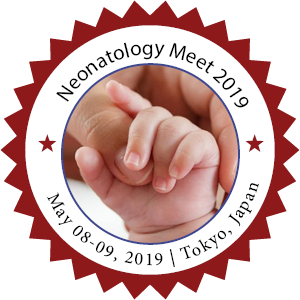
Ulrike Brandenburg
Nepean Hospital, Australia
Title: Feeding the premature infant: Nutritional challenges and advances
Biography
Biography: Ulrike Brandenburg
Abstract
Feeding the premature infant: Nutritional challenges and advances
There is increasing recognition of the role of nutritional care for preterm infants and the importance of early and high-quality enteral nutrition for even the smallest premature infants has been established. Inadequate nutrition with negative nitrogen balance can cause poor postnatal growth and impaired neurodevelopmental outcome. Improved energy intake resulting in better growth is associated with better cognitive outcomes but is thought to be associated with the risk of developing obesity, hypertension, coronary heart disease and impaired glucose tolerance or type-2 diabetes. In providing early enteral nutrition neonatologists are faced with unique challenges of the extreme immature gastrointestinal tract, higher energy expenditure ex utero and requirement of increased protein supplementation, the need and ability of exclusive human milk feeding while avoiding maternal lactation failure and monitoring quantity and quality of growth and weight accurately. The experience of the use of body composition data additional to the best available ex utero growth chart at our tertiary NICU will be discussed as well as improvement of current nutritional management of high-risk preterm neonates. This includes increasing breast milk feeding initiation and duration through skin to skin care and immune supportive oral care with colostrum, as well as the routine use of probiotic supplementation, pasteurized donor human milk and targeted fortification.

